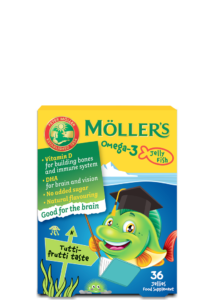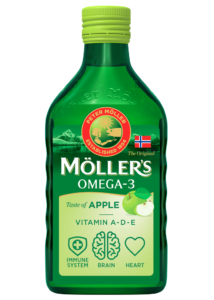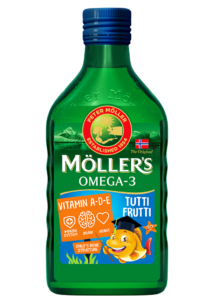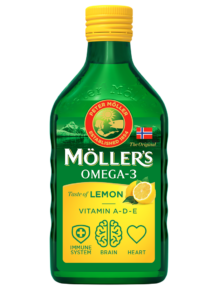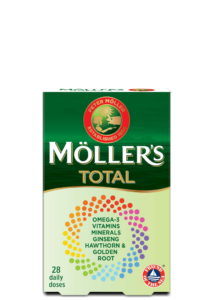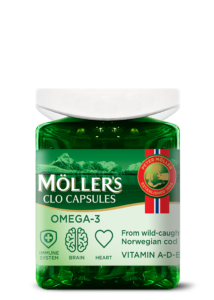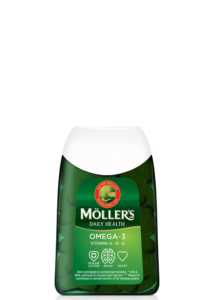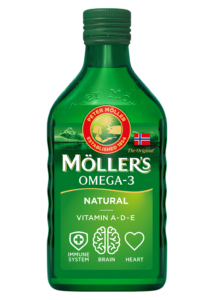We all want a good memory and there are many ways to improve your memory skills. Here are some tips from neuroscience researcher and author of Your Superstar Brain Kaja Nordengen.
Home » How to improve your memory

Read more brain related articles here
Personally, we’re looking forward to science developing contact lenses with built-in face recognition, but for the time being there are no shortcuts. True, there are dozens of low-tech ways to compensate for not remembering things in everyday life. To mention a few: shopping lists, cookbooks, calendars, filofax, post-it notes, etc. But if you leave your shopping list behind or your phone runs out of battery, you might be left helpless in the supermarket wondering what you went there for. And how can you show off at Quiz Night? It’s time to dust off the memory.
Improve your memory of names
Forgetting the name of a person as soon as you meet them often leads to self-judgement. But it’s not fair to blame bad memory when you can’t remember the name of a person you’ve only just met. Also, when greeting new people, your focus is often on so many things other than the name itself. You wonder what kind of person this is and who they remind you of. You also focus on how you present yourself, whether your handshake is firm enough and how you say your own name. We shouldn’t stop caring about these things but to remember the name, we need focus mainly on the name and rather try to associate all the other impressions with it.
If you’re not good at recognising faces, or at least not good at putting a name to a face, you may want to move your own focus more to the face and name and to find associations that can link them together.
So, when you greet new people, first remind yourself to focus on the name. Repeat it straight away to make sure you have understood it correctly. Consider if you know someone else with the same name, or if the name reminds you of anything else. We know that repetition is an important tool for implanting new things in the memory. Try to use the new name in the conversation: “It’s so nice to finally meet you, Sunny”.
Fun associations improve memory
If Sunny’s skin tone happens to be kind of orange from self-tanning or foundation, you could associate this with an orange-glowing evening sun. If she is pale and looks like she’s never been outside the house, you could think “Sunny has never seen the sun”. This becomes a fun association that helps you put the name to the face next time you see her.
If you also add a few extra repetitions by saying the name and imagining her orange skin colour in your mind when you tell the family about your day at dinner, then you’re even more likely to remember her name.
Improve your memory of lists
There are many memory techniques that help you remember a shopping list after just reading it once. The most common of these is to create a pathway and to place the items you need to remember along the path.
If you need to remember potatoes, tomatoes, baby food, potato chips and coffee, you can imagine yourself going through a number of challenges before you finally get to the fresh cup of coffee. Start by imagining yourself in a potato race up the stairs to the entrance, before juggling with tomatoes in the corridor, throwing a spoon of baby food against a target in the bathroom, walking on smoking hot potato chips straight from the deep fryer, before you finally see: a cup of fragrant coffee in the kitchen. Later when you go to the grocery store, you can mentally go through this route.
Memory is not just the simple push of a storage button, but a much more dynamic process impacted by emotions, movement and associations. Had you just thought potato in the stairs, tomato in the corridor, baby food in the bathroom, potato chips in the deep fryer and coffee in the kitchen, you wouldn’t remember the list as well. If you know about the brain and how memory works, you can be more effective at remembering. Memory techniques come in handy at work, during studies and in everyday life. Learn to let people feel seen and recognised by remembering their names and show off at Quiz Night!
What is good health?
Do you have a good lifestyle?
Lifestyle simply means the way in which you live. Health and lifestyle go hand in hand. You might feel you have a good lifestyle if you are physically active, eat healthily and generally experience a sense of wellbeing. Conversely, if you want good health you should also have a good lifestyle.
Physical activity is the major contributor to a good lifestyle, but diet, drugs, stress, sleep and social conditions are also play an important role. Being able to use the body properly to avoid injury also affects lifestyle. Physical activity can also prevent depression and help you to recover more quickly from mental illness, both of which obviously affect your lifestyle.
Diet can be a difficult topic for many. Perhaps you eat too much or too little or maybe you find it hard to know what foods to combine to have a balanced diet. It’s also important to eat food that contains important vitamins, minerals and dietary fibre, omega-3 and antioxidants. On top of all this, you also need to get enough energy, protein and the correct fatty acids. The requirement for these nutrients changes throughout your life. When you are older you also have different requirements than children and younger adults. Women also have different requirements than men. Pregnant and breastfeeding mothers also have special requirements.
When you get older, you lose muscle mass and your body requires less energy and therefore less food. You may lead a less active life than you did before, which is why you require less food. However, your need for minerals, vitamins and other nutrients remains the same. Of course, there are plenty of healthy and active older people, but when you reach 70 to 80 years of age, it’s easier to become ill, especially during flu season.
Some steps you can take to improve your lifestyle and health are to:
- eat a healthy and varied diet
- stay active
- watch your weight
- avoid too much alcohol and don’t smoke
- get enough sleep
- think positive
- practise good hygiene
What is good quality of life?
The World Health Organisation (WHO) defines quality of life as a state where the individual can realise their potential, cope with normal stressful situations, work in a rewarding and positive way, and be able to contribute to others and society.
Quality of life is a wide and somewhat diffuse concept that includes joy in, and a desire for, life. These are values that are rather felt than measured, which in turn are based on personal environment and choices. Quality of life doesn’t necessarily depend on being healthy or sick. It’s the moments between worries, sorrows, problems and ailments that matter. For example, if you have a chronic illness, a feeling of mastery can be important when talking about quality of life.
To sum up, quality of life is a combination of health, lifestyle, networks and social support. It’s about experiencing joy, meaning in life, satisfaction, security and a sense of belonging, as well as being able to use your strengths. It’s also about feeling interest in life, coping with everyday situations and a being committed to something or someone. If you have good quality of life, you will be able to cope better with the inevitable stressful situations in life.
Our products
-
Möller’s Omega-3 Jelly Fish Cola
-
Möller's Omega-3 Jelly Fish Tutti Frutti
-
Möller’s Cod Liver Oil Apple
-
Möller’s Cod Liver Oil Tutti Frutti
-
Möller’s Cod Liver Oil Lemon
-
Möller's Total
-
Möller's Cod liver oil capsules
-
Möller’s Daily Health
-
Möller's My First Omega-3
-
Möller’s Omega-3 Jelly Fish Strawberry
-
Möller’s Cod Liver Oil Natural
Learn more
Exercise program for the elderly
Healthy Aging Healthy Bones
Healthy diet during pregnancy
Brain Healthy Aging
Good health, lifestyle and quality of life – What does it all mean?
Cod Liver Oil Healthy Aging
Get inspiration on our Instagram
This error message is only visible to WordPress admins
There has been a problem with your Instagram Feed.

